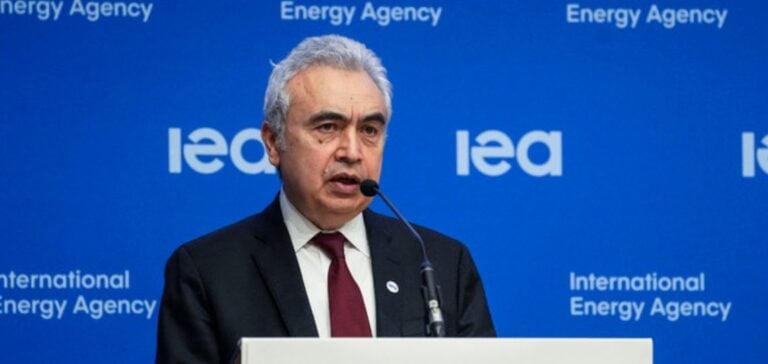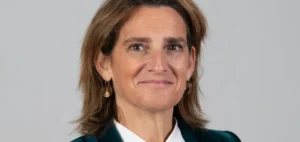In its latest report, the International Energy Agency (IEA) stresses that governments still need to step up their plans to promote renewable energies if they are to meet the global target of tripling energy consumption by 2030, which is vital if global warming is to be curbed. This target, set at COP28 in Dubai, aims to replace CO2-emitting fossil fuels and keep global warming below 1.5°C compared with the pre-industrial era. The current ambitions of the 150 or so countries analyzed by the IEA should lead to nearly 8,000 gigawatts (GW) of renewable capacity worldwide by 2030, a clear improvement on the forecasts of a few years ago. However, this still falls short of the 11,000 GW needed to achieve the threefold target.
A possible acceleration in the coming months
Despite this gap, the IEA stresses that governments have the means to accelerate the deployment of renewable energies in the coming months. Since the 2015 Paris climate agreement (COP21), the world has added an average of 11% of new renewable installations each year, with costs falling sharply. The year 2022 has also seen a historic level of installations, with over 500 GW added, 50% more than in 2021. This record growth puts the tripling target within reach, provided that governments turn their promises into concrete action plans.
A major opportunity to develop support plans
The expected review of national climate commitments in early 2025, as part of the UN process, represents a major opportunity for countries to develop clear plans to support renewable energies. According to IEA Director Fatih Birol, this commitment, combined with the goal of doubling energy efficiency, heralds “a safer, more affordable and more sustainable energy system”.
Analyst Katye Altieri, of the Ember think tank, points out that last year’s record growth should give leaders the confidence to increase their renewable energy commitments. It is now crucial that governments seize this opportunity to accelerate the transition to a sustainable, climate-resilient energy future.





















